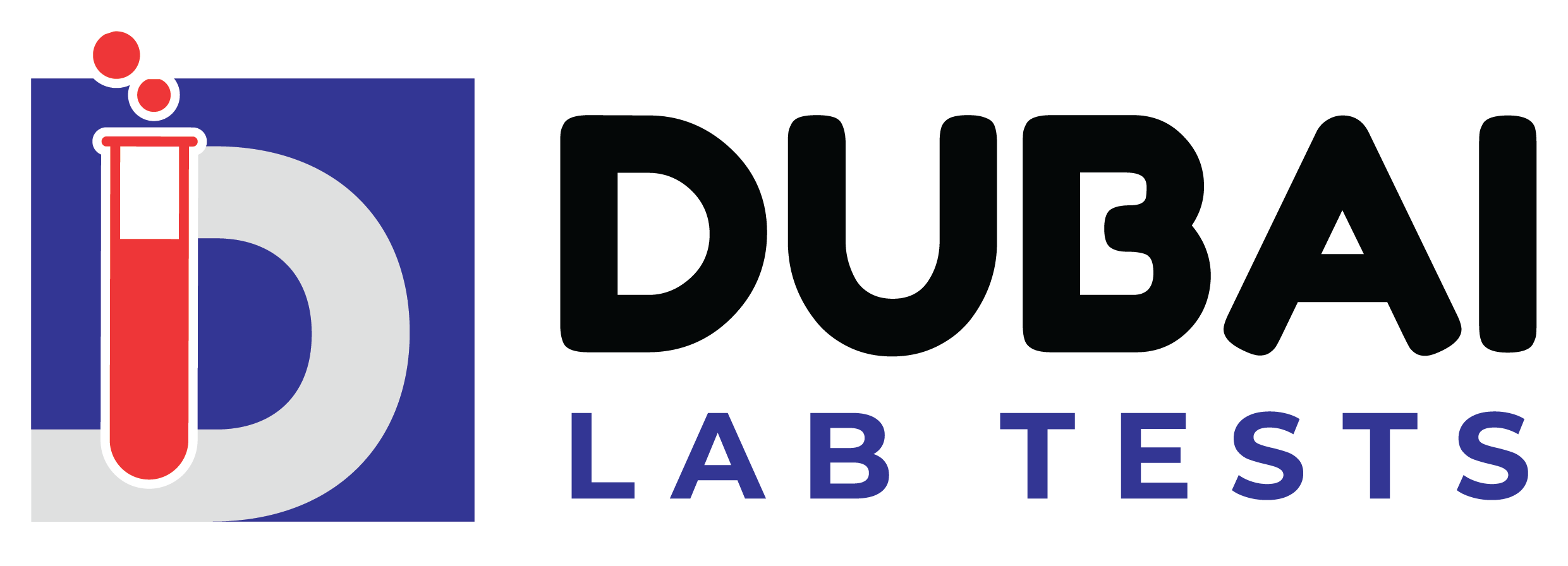Tacrolimus (Prograf) Whole Blood Test – Rapid 1-Day TAT, Enzyme-Immunoassay for Post-Transplant Care & Organ Rejection Prevention
AED300.00
Sample Type : Whole Blood
Methodology : Enzyme-immunoassay
TAT : 1 DAY
Description
**Tacrolimus (Prograf) Whole Blood Test – Rapid 1-Day TAT, Enzyme-Immunoassay for Post-Transplant Care**
Tacrolimus (Prograf) testing is a critical diagnostic tool in post-transplant care, designed to monitor and optimize the levels of this life-saving immunosuppressant in the bloodstream. This test ensures that patients maintain therapeutic drug levels, reducing the risk of organ rejection and supporting long-term transplant success. With a rapid 1-day turnaround time (TAT) and advanced enzyme-immunoassay methodology, this test provides accurate and timely results, empowering healthcare providers to deliver personalized care with precision.
**Why You Need This Test**
The Tacrolimus (Prograf) Whole Blood Test is essential for individuals who have undergone organ transplantation. Tacrolimus is a cornerstone medication in post-transplant care, working by suppressing the immune system to prevent it from attacking the transplanted organ. Monitoring Tacrolimus levels is crucial because maintaining the right balance is key—levels that are too low can lead to organ rejection, while levels that are too high can cause toxicity and other complications. This test provides a reliable way to ensure that Tacrolimus levels remain within the therapeutic range, safeguarding the health of the transplanted organ and the patient.
**Symptoms That Indicate This Test**
This test is recommended for transplant recipients who may experience symptoms or conditions that suggest the need for Tacrolimus level monitoring, including:
– Signs of organ rejection, such as fever, pain, or swelling near the transplant site.
– Symptoms of Tacrolimus toxicity, including tremors, headaches, nausea, or kidney dysfunction.
– Routine post-transplant care to ensure therapeutic drug levels.
– Adjustments in Tacrolimus dosage due to changes in medication, diet, or overall health.
**Natural Production**
Tacrolimus is not naturally produced by the body; it is a synthetic immunosuppressant derived from a soil bacterium. Its primary function is to inhibit calcineurin, an enzyme that activates T-cells in the immune system. By blocking this pathway, Tacrolimus prevents the immune system from attacking the transplanted organ. Factors such as age, weight, liver function, and interactions with other medications can influence Tacrolimus levels, making regular monitoring essential to ensure its effectiveness and safety.
**What Happens If Untreated**
Failing to monitor Tacrolimus levels can have serious consequences. If levels are too low, the immune system may attack the transplanted organ, leading to rejection and potential organ failure. On the other hand, excessively high levels can result in toxicity, causing kidney damage, neurological issues, and other severe side effects. Regular testing allows for timely adjustments to Tacrolimus dosage, minimizing these risks and ensuring the long-term success of the transplant.
**How to Prepare for the Test**
To ensure accurate results, follow these preparation guidelines:
– Schedule the test at the same time of day as previous tests to maintain consistency.
– Avoid taking your Tacrolimus dose before the blood draw unless instructed otherwise by your healthcare provider.
– Inform your healthcare provider about any other medications or supplements you are taking, as these can affect Tacrolimus levels.
**Test Overview**
– **Sample Type**: Whole Blood
– **Methodology**: Enzyme-immunoassay
– **TAT**: 1 Day
This test uses a whole blood sample to provide the most accurate representation of Tacrolimus levels in the body. The enzyme-immunoassay methodology ensures high sensitivity and specificity, delivering reliable results that healthcare providers can trust. With a rapid 1-day turnaround time, this test enables prompt adjustments to treatment plans, ensuring optimal care for transplant recipients.
**Call to Action**
Take control of your post-transplant care with the Tacrolimus (Prograf) Whole Blood Test. With its advanced enzyme-immunoassay methodology and rapid 1-day TAT, this test provides the accuracy and speed you need to safeguard your health. Book your lab test today to ensure your Tacrolimus levels are optimized for long-term transplant success. Search for “diagnostic test near me” or “buy lab test online” to get started and prioritize your health with confidence.
**Category**: Chemistry



Reviews
There are no reviews yet.